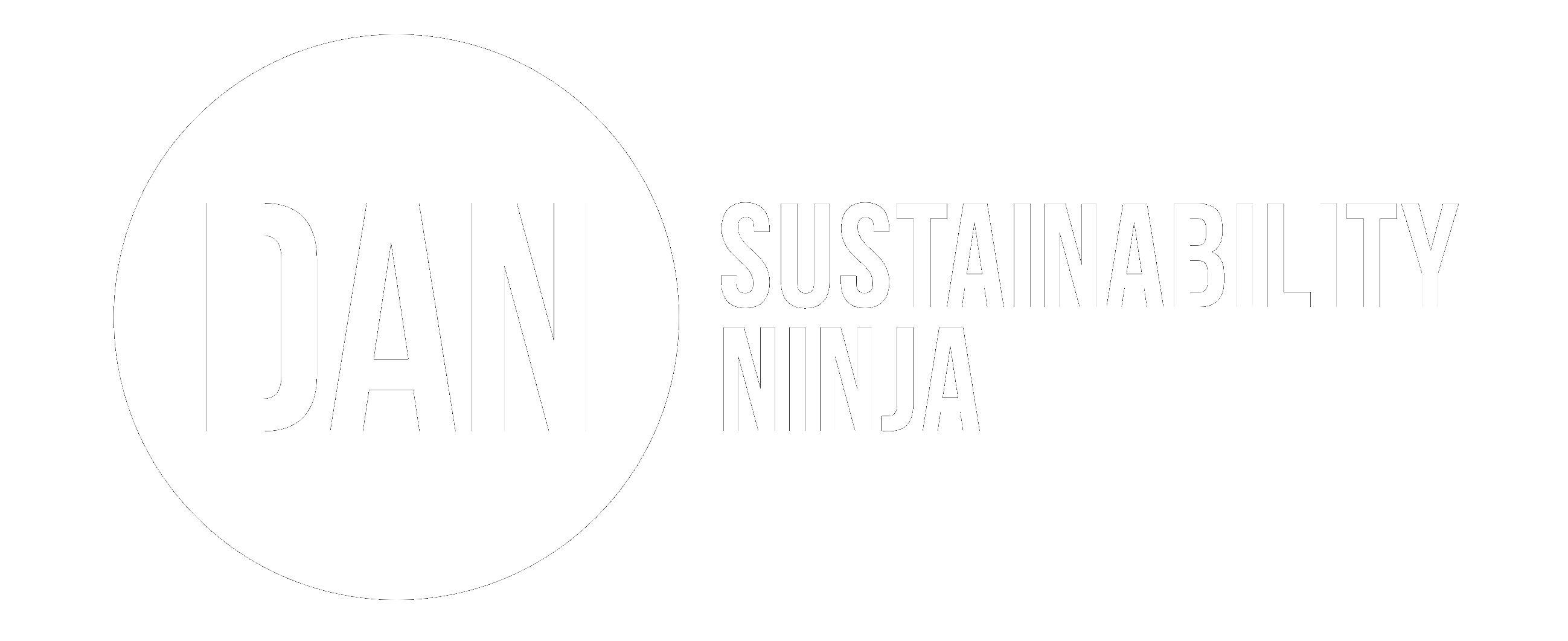Founded in Sweden in 1943 by then-17-year-old Ingvar Kamprad, IKEA has grown steadily to become a multinational group of companies that designs and sells ready-to-assemble furniture, appliances and home accessories. Being the world’s largest furniture retailer owning and operating 384 stores in 48 countries, IKEA faces the greatest environmental and social challenges. No wonder I wanted to speak to some person responsible about that – and so I sat down with the Sustainability Manager for IKEA Germany, Ulf Wenzig.

Daniel Anthes: Please create a tweet (160 characters) about what sustainability means to you.
Ulf Wenzig: Sustainability for me means survival of the smartest.
Anthes: How does your organization contribute to sustainability worldwide?
Wenzig: Our sustainability strategy People Planet Positive defines the framework: A more sustainable life at home, energy and resource independence and a better life for people and communities.
Anthes: What is the main driver of your company’s sustainability activities nowdays, and how is that going to look like in the future?
Wenzig: On a global level I would say working conditions in our supply chain and climate topics – we are pushing hard on a change towards renewable energy. On a country level in Germany we focus a lot on a more sustainable, healthier life. You will realize that when you check the food offer in our restaurants. More bio offer, certified seafood, coffee and cocoa products, less sugar in drinks and a lot more.
Right now, quite unplanned, the refugee situation is a big driver. Since September 2015 we activate close to 1.5 Mio. Euro in over 400 projects, which were driven by our co-workers. Together with save the children and the IKEA Stiftung we support the installation of the first children safe shelter in Berlin Tempelhof. Now we are in the stage of planning what comes after beds and matresses. Integration is the key to solve the refugee challenge. And we are convince that we can create a win-win situation, as we have big expansion plans and are in need of new co-workers that share our vision of a better life for the many people.
Anthes: If you had all the power & money in the world, what would you do to change the world for the better?
Wenzig: I don´t think about that, because in my role I already have a lot of influencial potential. I think everybody can change smaller or bigger things to the better. And if you put them all together the world will be an even better place.
Anthes: What do you think is going to be the next big thing in sustainability?
Wenzig: I think circular economy will trigger us a lot. How can we close material loops, save raw materials and hence resources. IKEA is actively working on that, and it is a privilege to contribute to that.
Anthes: Everybody has to pull together – that’s right. But who really needs to change his doing in order for our world to change for the better?
Wenzig: Let´s not wait for the authorities or government. I think consumers have a lot of power – We have seen movements of strong change through consumer’s will power. Remember the implementation of catalysts in cars or the ban of CKW in spray bottles. IKEA sees a big chance in actively working towards transformational change in the way we produce, but also use things. People are smart and fast and companies who go with the flow, or, like we try to do, steer the movement, will be more successful.
Anthes: How will the world look like in 2050?
Wenzig: I have no clue. Hopefully no one has to flee his or her home anymore and the beauties of nature are still there. A Hoverboard would be cool though.
Anthes: Do you know how big or small your personal carbon footprint is? Please give us a figure.
Wenzig: Ways too big – my business and holiday travelling alone will cover probably the CO2 amount of a small Indian village. And I love to ride a motorcycle – I have an old BMW.
Anthes: In your personal life, what do you do to live more sustainably?
Wenzig: I changed to LED lighting, eat rarely meat, buy mostly bio certified food, switched to a green electricity contract, shop only stuff that I really, really need, and then I want to know where the products come from – especially with clothing. Ah, yes, and when driving car I have my personal “use as less petrol as possible”-contest.




